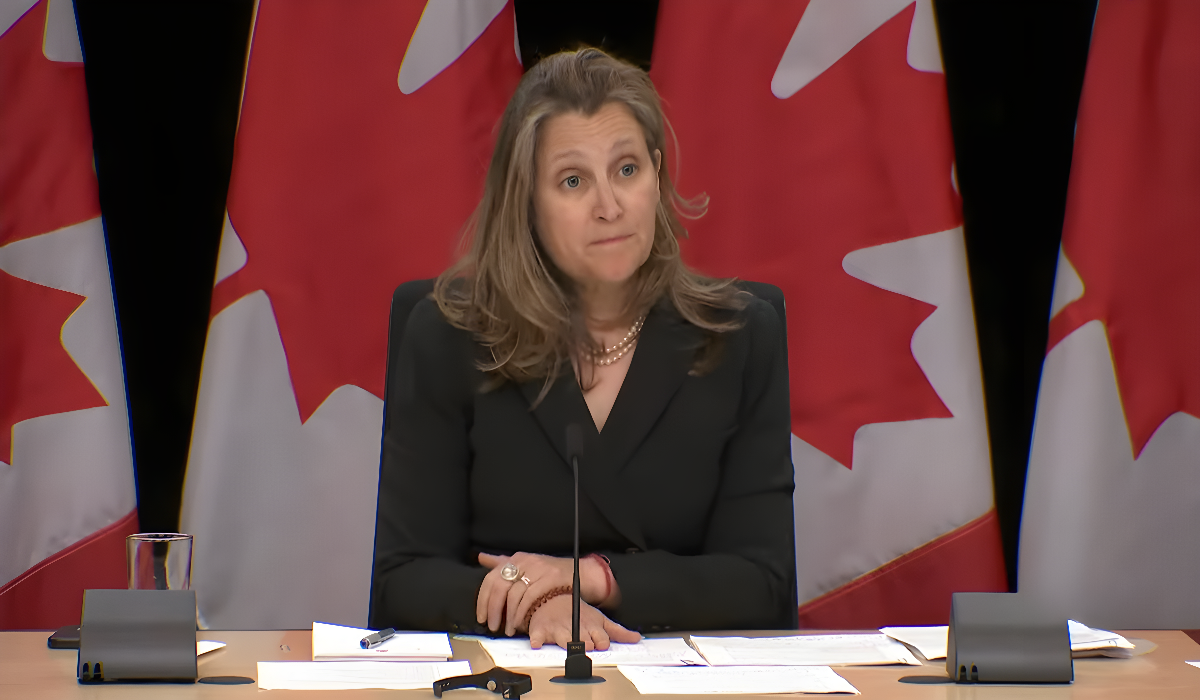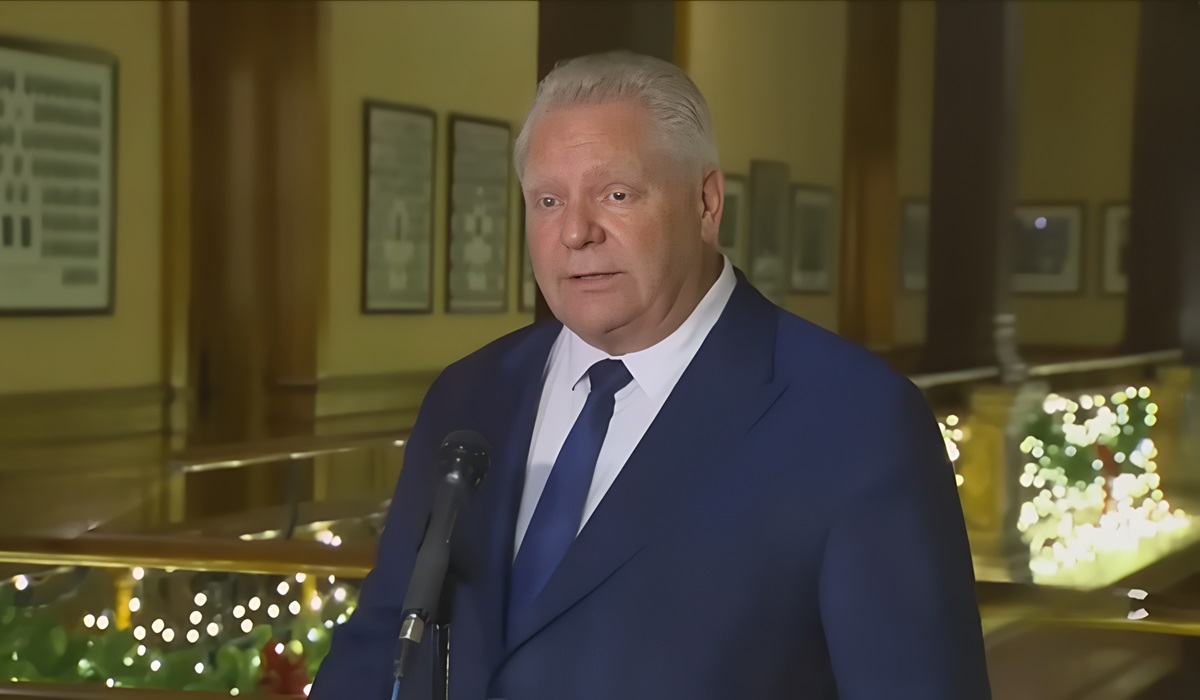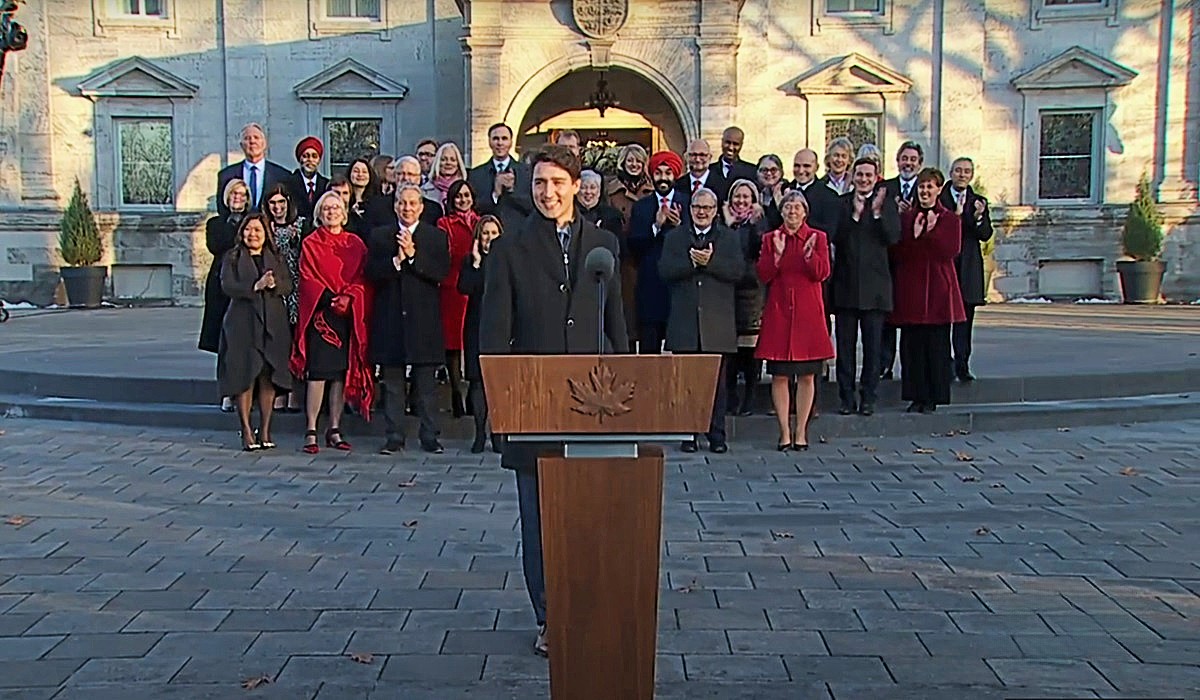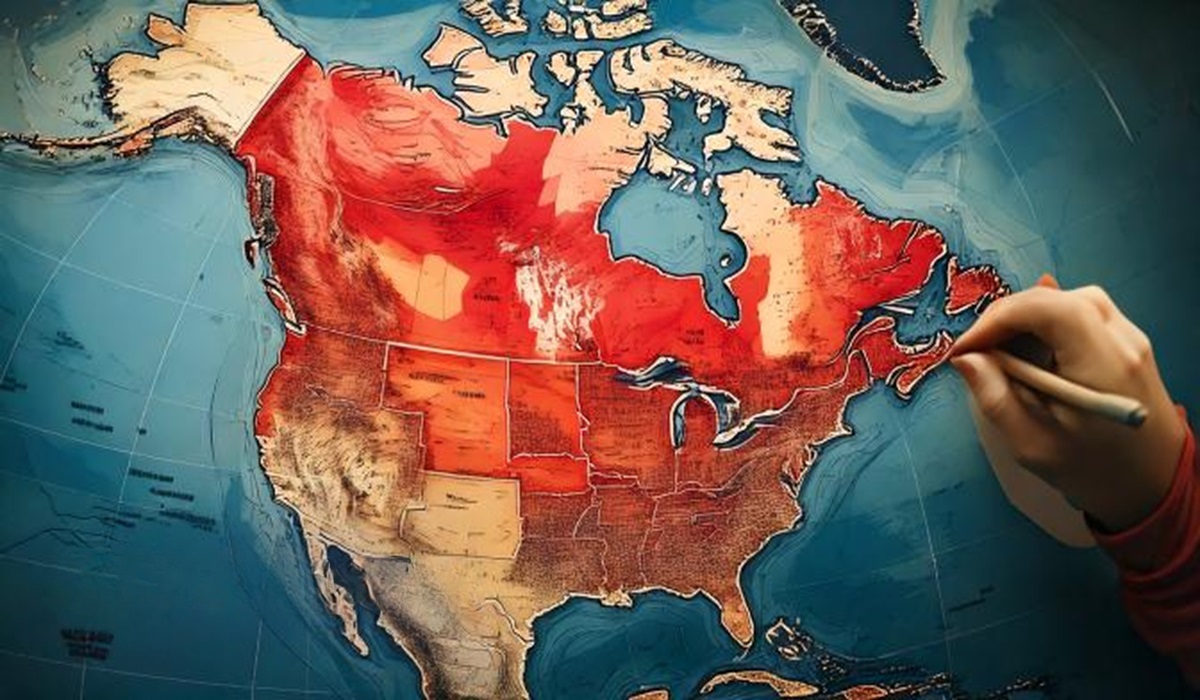Blame Game: Trudeau’s US-Style Sanctions Target Chinese EVs Amid Canada’s Market Struggles
- TDS News
- Canada
- June 24, 2024

Finance Minister Chrystia Freeland and Minister of International Trade Mary Ng announced a 30-day consultation to address what they describe as unfair trade practices by Chinese electric vehicle (EV) manufacturers. This move, framed as a necessary step to protect Canadian auto workers and the domestic EV industry, is a troubling indication of the Trudeau administration’s failure to develop a coherent and proactive industrial policy. After nearly a decade in power, it is disheartening to see the government blame foreign competition for its own lack of foresight and innovation in the EV sector.
The announcement reflects a troubling pattern of the Canadian government parroting U.S. policies and narratives, particularly in foreign affairs. Instead of developing an independent and forward-thinking strategy, the Trudeau administration has once again adopted a reactionary stance, blaming external forces for domestic shortcomings. This approach undermines Canada’s credibility and highlights a lack of strategic vision necessary for positioning Canada as a leader in the global EV market.
The government’s claim that Chinese EV manufacturers are flooding the market with oversupply, driven by state-directed policies and lower labor and environmental standards, is misleading. Companies like BYD, Xiaomi, and Huawei have surpassed traditional leaders such as Tesla in key areas like mileage efficiency, charging time, and technological innovation. These advancements result from significant investments in research and development, responding to global market demands, rather than mere state intervention.
The criticism regarding labor and environmental standards is equally flawed. China has made substantial progress in reducing its carbon footprint and is now a global leader in renewable energy and EV adoption. China’s efforts to combat climate change are notable which is evident by its air quality and tens of millions of EVs on its roads. Meanwhile, Canada’s EV adoption rates remain low, with about 10% of vehicles being electric, underscoring a gap between the government’s rhetoric and reality.
Criticizing Chinese subsidies while ignoring similar practices at home and in the U.S. reveals glaring hypocrisy. Tesla, for example, has benefited significantly from U.S. government subsidies, both through consumer incentives and direct financial support. If subsidies are a concern, the Canadian government should equally scrutinize domestic and North American practices. Governments worldwide use subsidies to foster industries and support economic growth. It is disingenuous to fault China for doing what Canada and its allies have done for decades.
Implementing protectionist measures such as surtaxes and investment restrictions could harm the Canadian economy. The automotive sector is deeply integrated into global supply chains, and punitive actions against Chinese imports could disrupt these networks, leading to higher costs for consumers and manufacturers. Additionally, such measures risk retaliation from China, potentially limiting Canadian exports to one of the world’s largest markets. As the BRICS bloc (Brazil, Russia, India, China, and South Africa) gains economic influence, alienating China could isolate Canada from emerging trade opportunities within this group.
The announcement by Minister Freeland is a stark reminder of the Trudeau administration’s missed opportunities. For nearly a decade, Canada has had the chance to invest in and support domestic EV manufacturing. Instead, the government has consistently failed to implement a strategic vision to integrate into and compete within the global EV market. This lack of action has left Canada in a precarious position, trailing behind more proactive nations.
Rather than adopting a confrontational stance, Canada should explore cooperative strategies to enhance its competitiveness in the EV market. This could include forging partnerships with leading EV manufacturers worldwide, including those in China, to leverage technological advancements and best practices. Increasing investments in domestic research and development, enhancing vocational training for auto workers, and providing targeted subsidies to burgeoning EV startups could create a more robust and resilient EV ecosystem in Canada.
The government should also consider policies that encourage the adoption of EVs domestically, such as expanding charging infrastructure and offering more comprehensive consumer incentives. By fostering a thriving domestic market for EVs, Canada can create a virtuous cycle of demand and innovation, positioning itself as a leader in the global transition to sustainable transportation.
The Canadian government’s stance is deeply troubling. Instead of taking responsibility for nearly a decade of inaction and poor strategic planning, it resorts to blaming foreign competition and aligning with U.S. geopolitical strategies. This deflection of responsibility is not only ineffective but also damaging to Canada’s economic interests and international standing. It is high time for the Trudeau administration to demonstrate genuine leadership by fostering innovation, supporting domestic industries, and engaging in constructive international cooperation. Only through such measures can Canada hope to secure a meaningful and prosperous role in the rapidly evolving global EV market.








